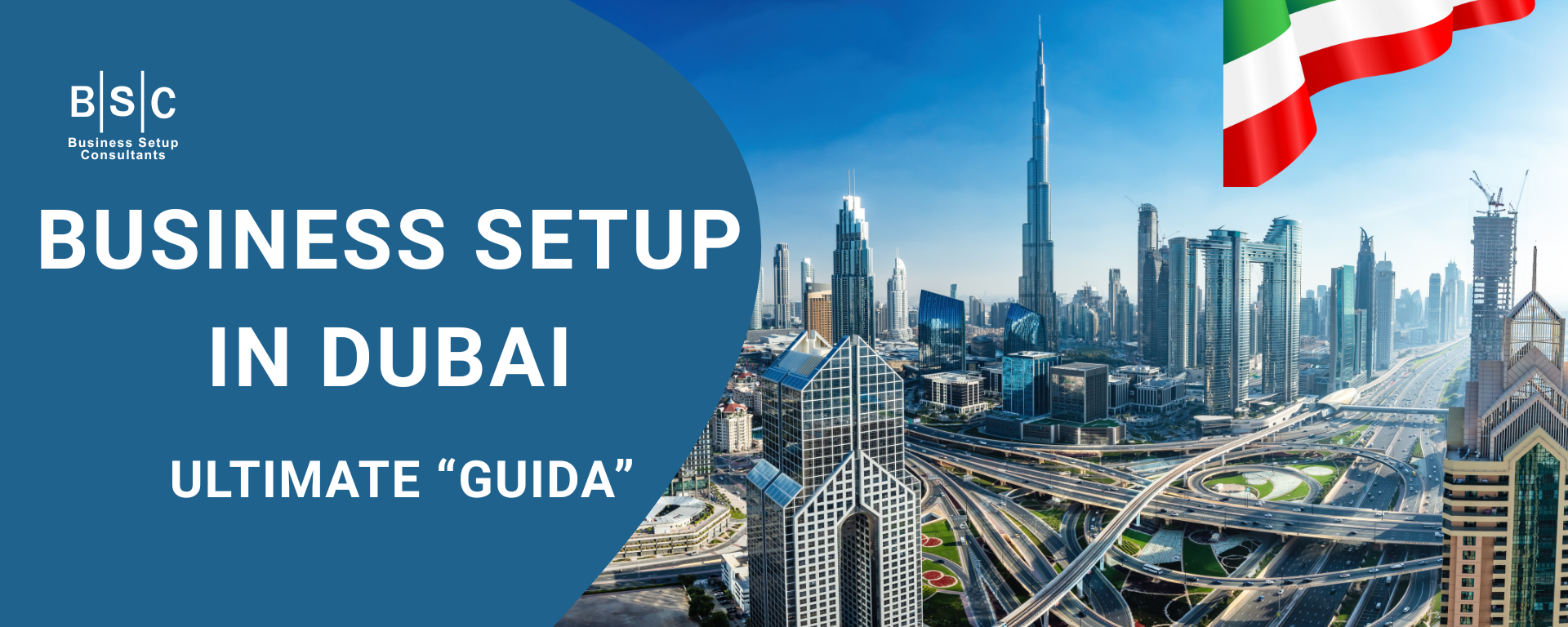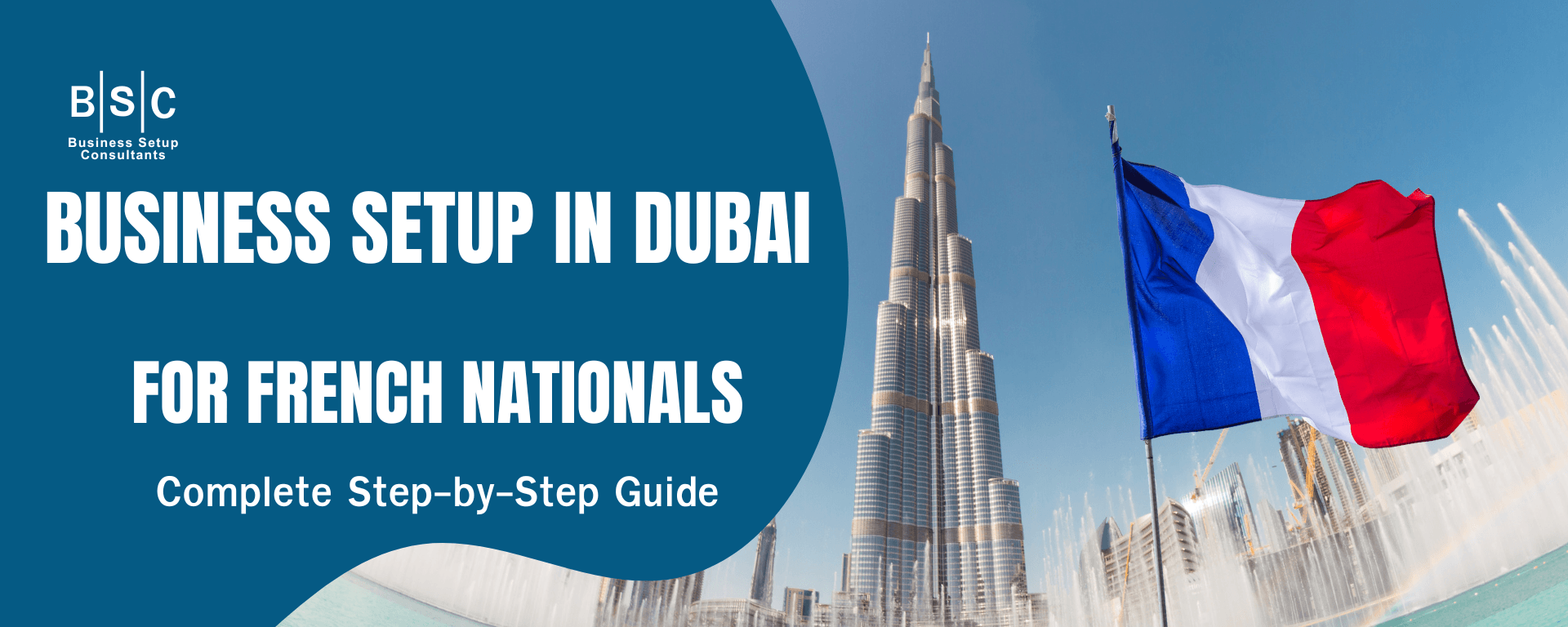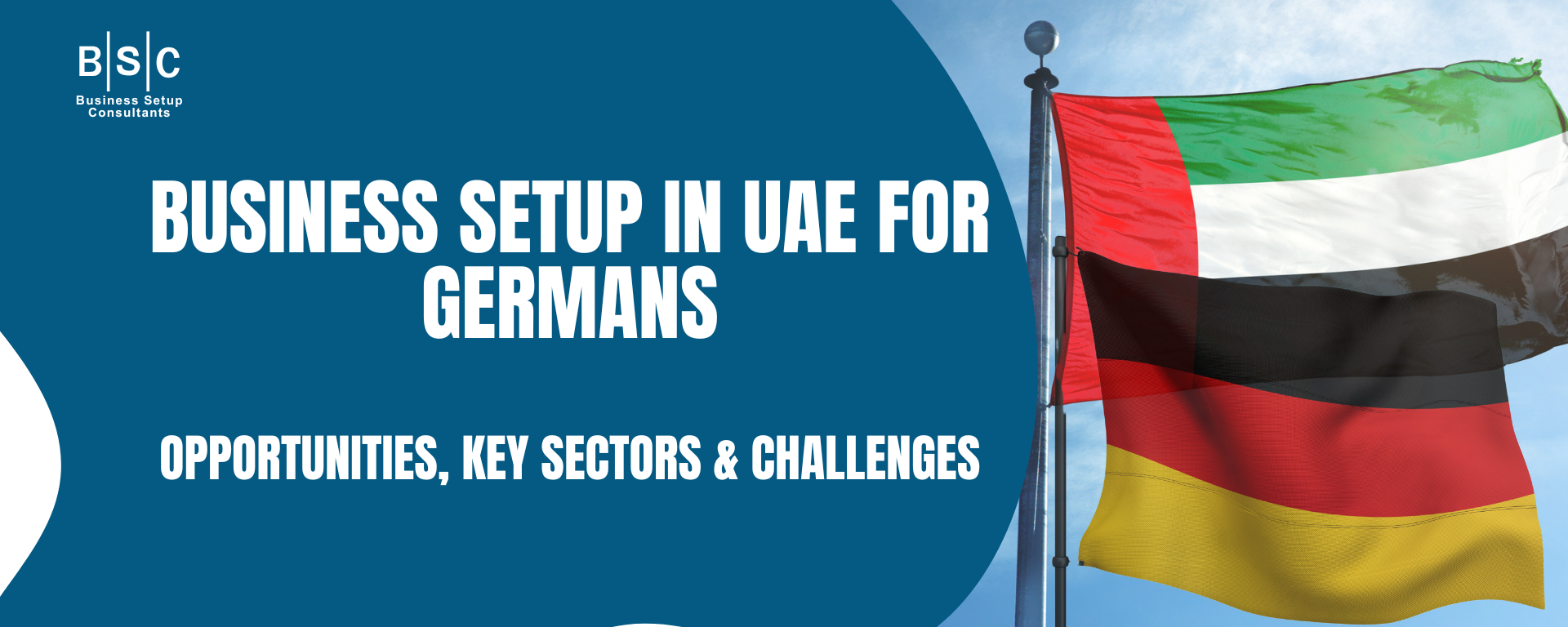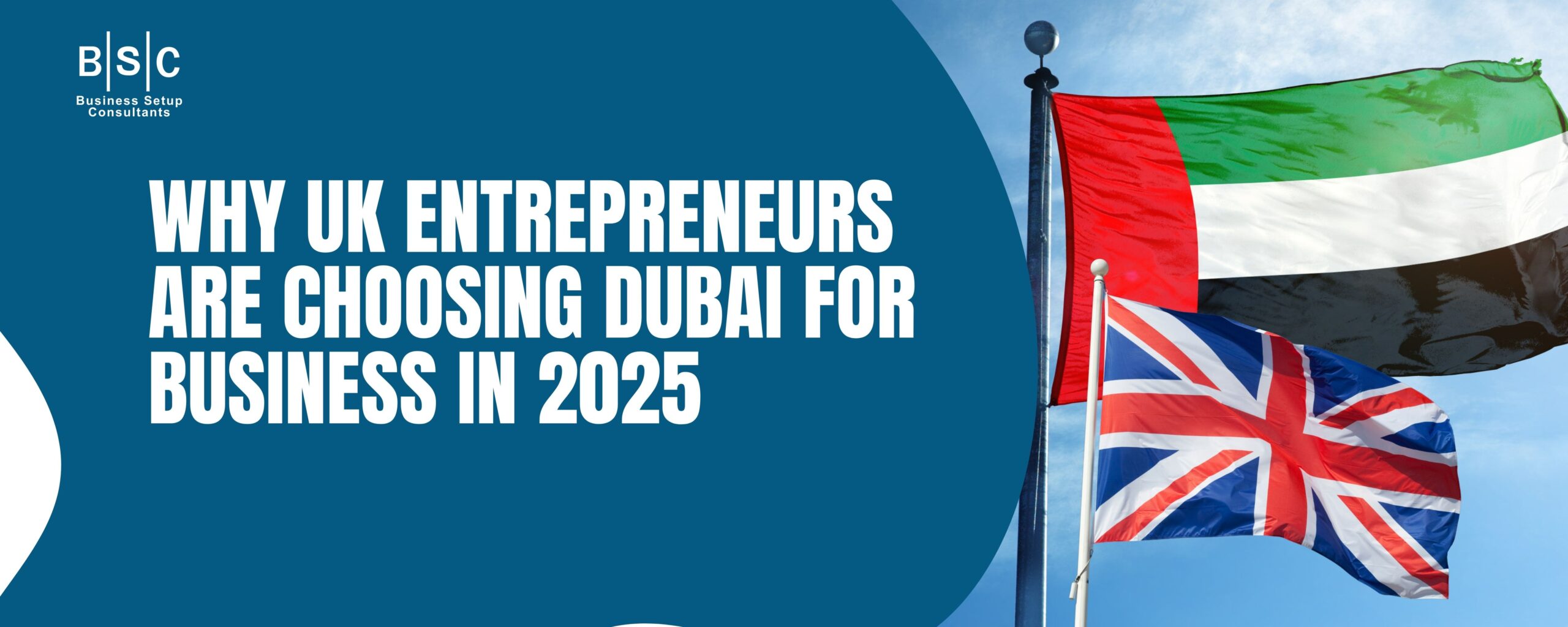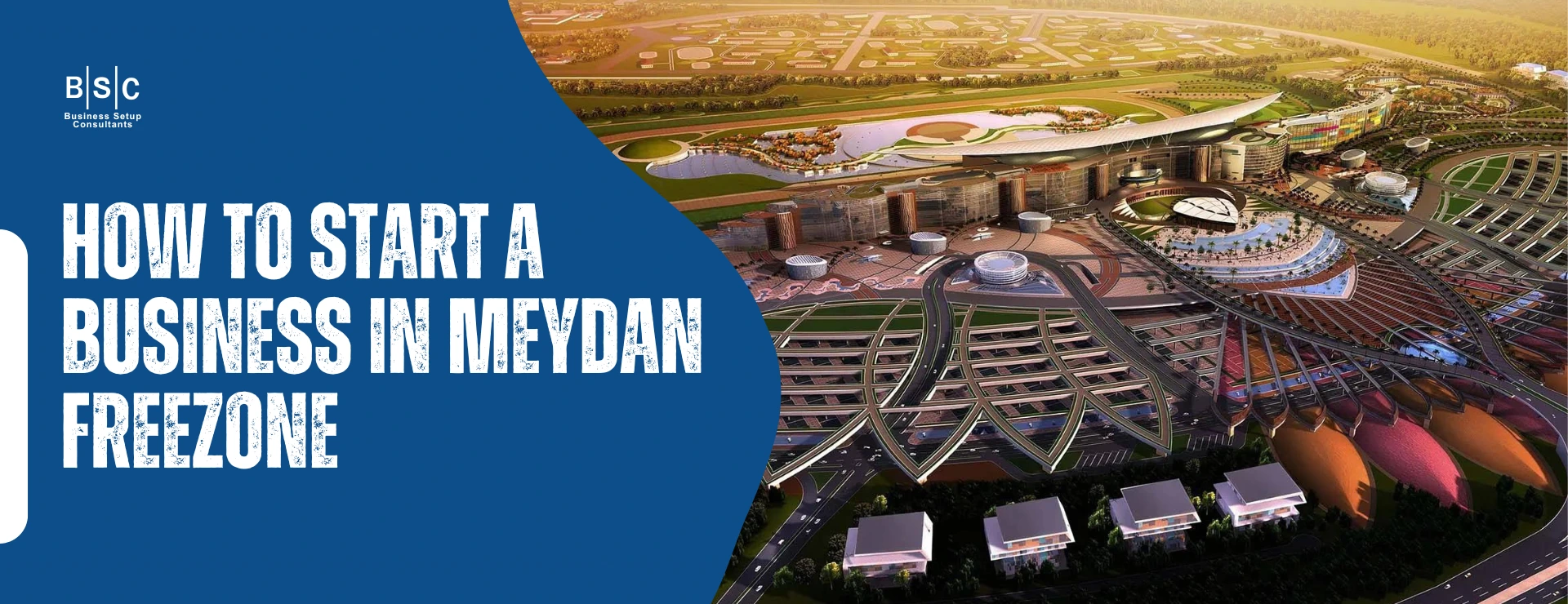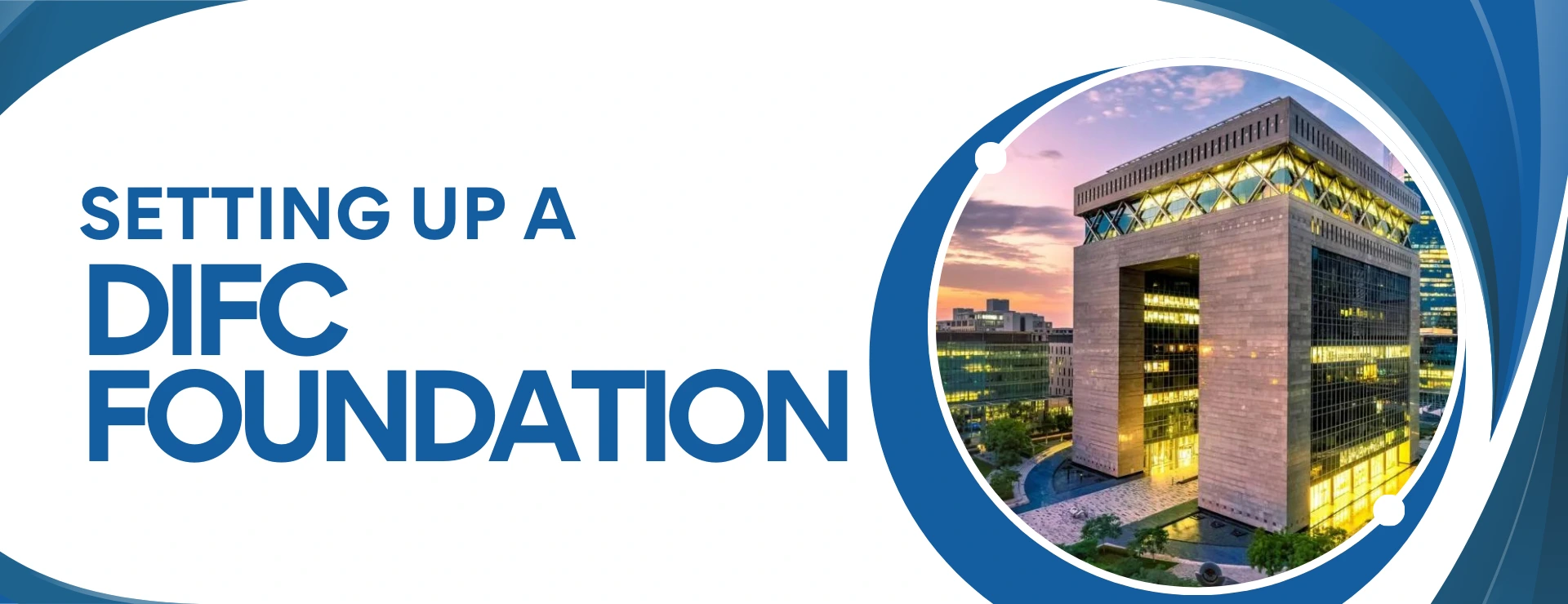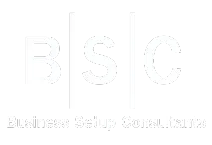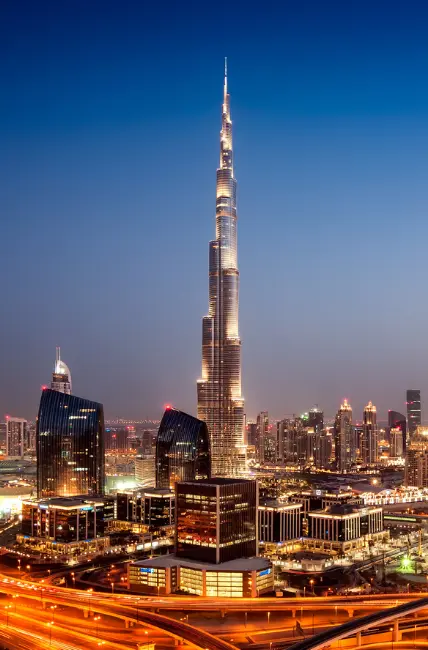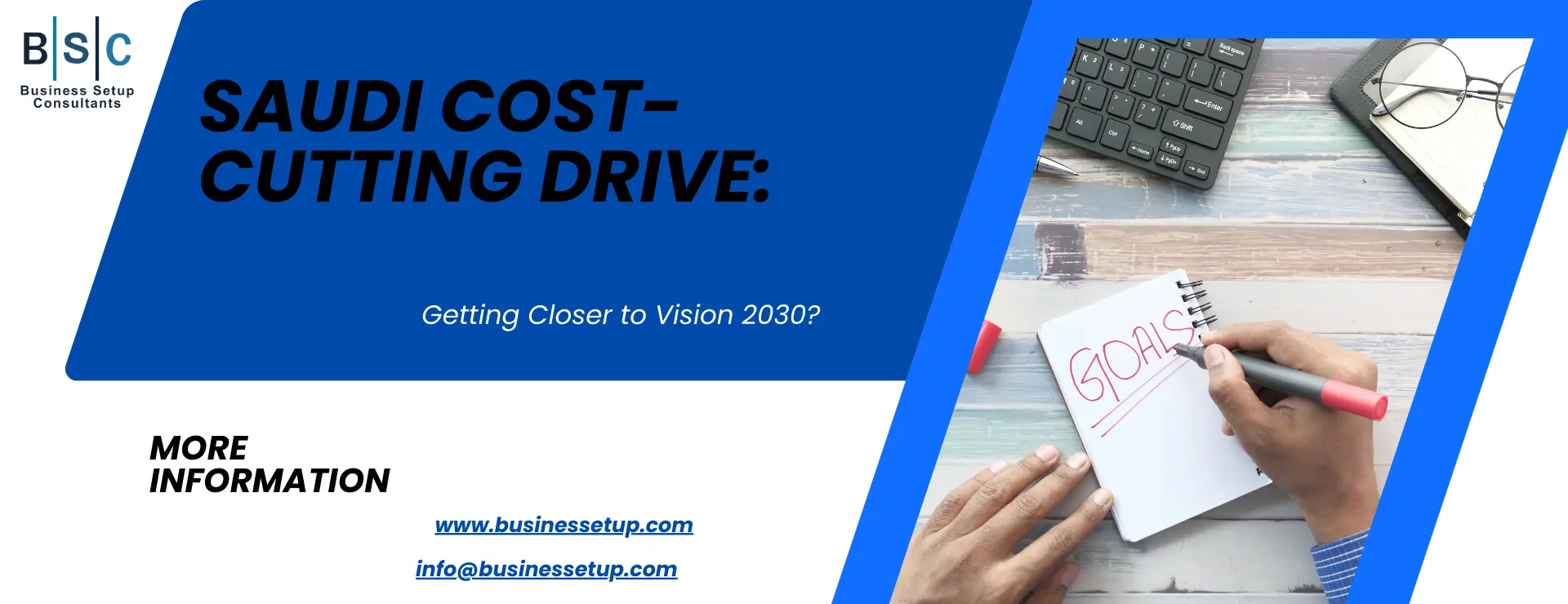
Saudi Cost-Cutting Drive: Getting Closer to Vision 2030?
Saudi Arabia’s ambitious “Vision 2030” initiative is a transformative plan aimed at diversifying the kingdom’s economy, empowering its citizens, and positioning the country as a global hub. Announced in 2016 by Crown Prince Mohammed bin Salman, this far-reaching program seeks to reduce Saudi Arabia’s reliance on oil exports and build a vibrant, sustainable economy.
Saudi Cost-Cutting Drive: Getting Closer to Vision 2030?
For the very first time in its history, Saudi Arabia has unveiled a series of economic reforms in the form of cuts to salaries, bonuses and perks for its government employees in a bid to slash spending amidst dipping oil prices. Public sector wages accounted for almost half of the government’s spending last year. About two-thirds of working Saudis are employed in the public sector.
A royal order declared that ministers’ salaries would be reduced by 20 percent, housing and car allowances for members of the Shura Council would be cut by 15 percent alongside limited overtime pay and vacation days capped at 30 per year. The decree has also frozen hiring for new positions through the end of the year. Exceptions to the order are soldiers fighting in neighbouring Yemen as part of an 18-month military intervention led by Saudi Arabia.
These measures have come as a rude shock to those employed in the public sector, which for years together, has served as a source of well-paid and cushy jobs. The drop in petroleum prices since 2014 has been a source of financial stress for the Saudi government, given that oil is a major source of income for the country.
In a further bid to overhaul the Saudi economy, balance spending and reduce dependency on oil, the government launched “ Vision 2030 “. This initiative aims to jumpstart the private sector employment by slashing the public sector payroll to 40 percent of the budget by the start of the next decade.
The response to these reforms have, as expected, not been welcoming. People are dismayed, many sharing photos of former King Abdullah and recalling past prosperity, on social media networks.
What Is Saudi Arabia’s Vision 2030? – Goals Of Saudi Vision 2030
Saudi Arabia’s Vision 2030 is a comprehensive economic and social reform program launched in 2016 by Crown Prince Mohammed bin Salman. The primary goals of Vision 2030 are to diversify the Saudi economy, reduce its dependence on oil exports, and transform the country into a global investment powerhouse.
The backbone of this vision rests on three main pillars: economic diversification, social transformation, and enhanced governance and transparency.
Economic Diversification
A central goal of Vision 2030 is to reduce Saudi Arabia’s dependence on oil and gas revenues. This involves promoting the growth of non oil revenue from non-oil sectors such as tourism, technology, and logistics. The plan also calls for increased privatization and attracting more foreign direct investment to the kingdom. The ultimate aim is to achieve economic transformation and drive economic growth in Saudi Arabia’s economy.
Social Transformation
Empowering Saudi citizens, particularly women, is a crucial aspect of this vision. Initiatives aim to boost female participation in the workforce, improve quality of life, and develop new entertainment and leisure options for the Saudi populace.
Governance and Transparency
Vision 2030 emphasizes the need to enhance government efficiency, decision-making processes, and overall transparency. Efforts are underway to fight corruption and strengthen accountability across the public sector.
Key Initiatives and Programs
To achieve the ambitious goals of Vision 2030, the Saudi government has launched several major programs and initiatives. These include:
National Transformation Program
The National Transformation Program is a comprehensive effort to restructure government agencies, improve efficiency, and accelerate the implementation of Vision 2030. It outlines specific targets and action plans across various sectors of the economy.
Privatization Program
A key component of Saudi Arabi Vision 2030 is the Privatization Program, which aims to transfer ownership of select state-owned enterprises to the private sector. This is expected to drive greater efficiency, attract foreign investment, and reduce the government’s fiscal burden.
Neom – a Futuristic City Project
One of the most ambitious initiatives under Vision 2030 is the development of Neom, a planned cross-border city and economic zone in northwest Saudi Arabia. Neom is envisioned as a technologically advanced, sustainable, and livable city that will serve as a hub for innovation and economic diversification.
Quality of Life Program
The Quality of Life Program focuses on improving the overall well-being and standard of living for Saudi citizens. It encompasses initiatives in areas such as healthcare, education, housing, entertainment, and leisure activities.
Fiscal Balance Program
To support the long-term financial sustainability of the Vision 2030 plan, the Fiscal Balance Program has been implemented. This program aims to reduce the government’s budget deficit, diversify revenue sources, and ensure fiscal discipline.
Challenges and Obstacles
Implementing Vision 2030 is not without its challenges. The kingdom must navigate several key obstacles to achieve its ambitious goals:
Economic Diversification and Reducing Oil Dependency
Reducing Saudi Arabia’s reliance on oil and gas revenues is a crucial but daunting task. Diversifying the economy and promoting the growth of non-oil sectors, such as tourism, technology, and logistics, will require significant investments, policy reforms, and a fundamental shift in the country’s economic structure. Overcoming the entrenched dominance of the oil and gas industry will be a major challenge.
Structural Reforms and Changes in the Public Sector
Realizing Vision 2030 also necessitates sweeping reforms within the Saudi public sector. This includes streamlining government bureaucracy, improving decision-making processes, and enhancing efficiency and accountability. Transitioning from the traditional, centralized government model to a more agile, responsive, and transparent system will be a complex undertaking.
Social and Cultural Shifts (e.g., Empowering Women)
Another key challenge lies in driving social and cultural transformations, particularly in the area of empowering women and increasing their participation in the workforce. Overcoming longstanding societal norms and gender disparities will require sustained efforts to change mindsets, legislation, and social structures.
Maintaining Economic Stability and Fiscal Discipline
As the Saudi government navigates these sweeping changes, it must also maintain economic stability and fiscal discipline. Balancing the need for reforms and investment with the imperative of fiscal responsibility will be crucial to the success of Vision 2030. Managing the potential volatility in oil prices and government revenues will also be a significant challenge.
Progress and Achievements
Despite the significant challenges, Saudi Arabia has made notable progress in realizing the goals of its Vision 2030 initiative. Some of the key achievements and milestones reached thus far include:
Milestones Reached So Far
The kingdom has achieved several important milestones, such as the launch of the National Transformation Program, the Privatization Program, and the development of the futuristic city of Neom. These initiatives have laid the groundwork for the broader transformation envisioned by Vision 2030.
Impact on the Economy and Society
The economic diversification efforts have begun to bear fruit, with the non-oil sectors experiencing growth and increased contributions to the country’s GDP. Furthermore, the push to empower women has resulted in a rise in female participation in the workforce and decision-making roles.
International Recognition and Partnerships
Saudi Arabia’s ambitious reform agenda has garnered international recognition, with the country forging partnerships and attracting foreign investment from global entities. This has helped to position the kingdom as an emerging economic and social powerhouse in the Middle East.
Saudi Arabia’s Vision 2030 represents a bold and transformative plan to reshape the Saudi economy, society, and governance. As the country works to reduce its reliance on oil, empower its citizens, and enhance transparency, it is positioning itself as an ambitious and dynamic force in the Middle East and the global arena.
While tumbling oil prices is worrying, the UAE economy continues to prosper . At BSC (Business Setup Consultants), we help you capitalise on the UAE’s wide choice of business opportunities.
Give us a call on +971 4 4301245 or email info@businessetup.com to set up your business and tap into the potential of one of the world’s leading cities.


